Many users turn to free VPN services to protect their privacy online, but these services can often create a false sense of security.
Mark, sitting at Starbucks with a latte, felt safe using free Wi-Fi while accessing his bank account, confident that his free VPN had him covered.
However, due to a VPN connection issue, hackers stole his login details.
By the time he realized, his funds were gone.
If Mark had used a trusted VPN service, this disaster could have been avoided.
A VPN, or Virtual Private Network, is a tool that helps keep your internet connection secure and private, especially when using public Wi-Fi.
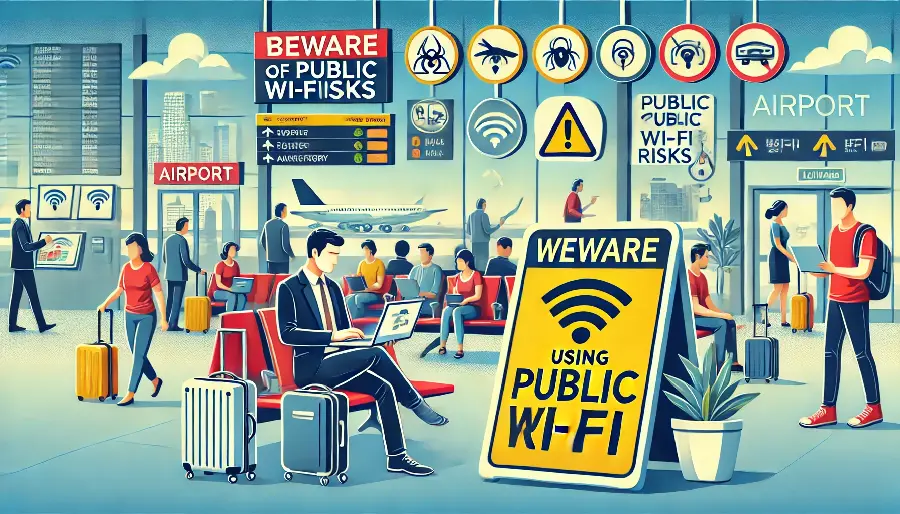
People use VPNs to protect their personal data, avoid tracking, and access content safely.
However, free VPN services, while appealing, often come with serious risks that can jeopardize your privacy and security.
Free VPNs
There are two types of VPN services: free and paid.
Free VPNs don’t require payment, making them attractive to many users.
They offer easy access and promise anonymous browsing, which appeals to people who want quick protection without spending money.
However, free VPNs often come with limitations.
They may have fewer servers, slower speeds, and weaker security.
But the bigger concern is how they make money.
Since free VPNs don’t charge users, they often generate revenue by selling your data to advertisers or third parties.
They can also bombard you with ads or use your bandwidth for other purposes, sometimes even selling your internet connection to other users.
This puts your privacy at risk, as these practices can expose your personal information.
Paid VPNs, on the other hand, make their money through subscriptions, meaning they don’t need to sell your data to operate.
They offer stronger security, faster connections, and strict privacy policies, ensuring your data remains safe.
While free VPNs are tempting due to their no-cost setup, the hidden costs, such as data selling and weak security, make them far less reliable.
Investing in a paid VPN ensures much better protection for your privacy and security.
Hidden Costs of Free VPNs
Free VPNs may not charge money, but they often make money by collecting and selling your personal data.
Many free VPN providers track your online activity and sell this information to advertisers and other companies.
This means your privacy is not their main concern.
Instead of protecting you, they use your data to make a profit.
Another hidden cost is poor security.
Free VPNs often use weak or outdated encryption methods.
This makes it easier for hackers to steal your information.
Without strong encryption, sensitive data like your passwords or bank details can be exposed to cybercriminals.
You think you’re safe, but your data could be at risk.
In the end, the real cost of using a free VPN is your privacy and security.
While it may seem free, the hidden price you pay could be much higher than you expect.
A paid VPN is always a safer option for protecting your information online.
Security Risks of Using Free VPNs
Using free VPNs comes with serious security risks. Some free VPNs have been found to inject malware or trackers into devices.
This hidden malware can infect your device, making it easier for hackers to steal your personal data.
Instead of protecting your privacy, these VPNs can open the door to cyberattacks.
Free VPNs also lack important security features that paid services offer.
For example, many free VPNs don’t provide DNS leak protection.
This means your real IP address can still be exposed, even when using the VPN.
They also often don’t have a kill switch, which is a feature that automatically disconnects you from the internet if the VPN fails.
Without it, your data is at risk if the VPN connection drops.
Additionally, free VPNs usually don’t offer multi-factor authentication, which adds an extra layer of protection.
These missing features make users more vulnerable to hackers, government surveillance, and data breaches.
While free VPNs may seem like a convenient option, they often leave users exposed to security threats that can be easily avoided with a trusted, paid VPN service.
Limited Bandwidth and Poor Performance
Free VPNs often suffer from slow connection speeds.
Many free VPNs use crowded servers, which leads to slow browsing and streaming.
This can make activities like watching videos or downloading files very frustrating.
Additionally, free VPNs usually have fewer servers to choose from.
This limited server option and bandwidth throttling further slow down performance.
Another common issue is connection drops.
Free VPNs often have unreliable servers that disconnect frequently.
When this happens, users might not even realize they are no longer protected.
Their real IP address and data become exposed to hackers or others trying to access their information.
In contrast, paid VPNs offer faster speeds, more servers, and stable connections, ensuring a smoother and safer browsing experience.
Misleading Marketing Practices
Most free VPNs make false claims about offering complete anonymity.
They promise to keep your online activity private, but in reality, they often log your data and track your browsing.
This gives users a false sense of security, thinking they are safe when they are not.
Another issue is advertising overload.
Free VPNs frequently show too many ads or even insert third-party ads into your browsing experience.
This not only disrupts your online activity but also puts your privacy at risk.
The ads could track you or expose you to more security risks.
These misleading practices make free VPNs seem safer than they actually are, but they often do the opposite of what they promise, compromising your privacy and security.
Potential for Legal Issues
Many free VPNs have been linked to illegal activities, like selling users’ bandwidth for botnets.
A botnet is a network of infected devices used for harmful purposes, such as launching cyberattacks.
When a VPN sells your bandwidth without your knowledge, your internet connection could be used for these illegal activities.
This can lead to serious legal consequences for users.
Even though you may not be directly involved, using a VPN tied to illegal practices can put you in trouble.
You might unknowingly help criminals, and authorities could track this activity back to your connection.
Choosing a trusted, paid VPN can help you avoid these risks and keep your online activity safe from both legal issues and unethical practices.
Why Paid VPN Services Are a Safer Option
Paid VPN services are a much safer option compared to free VPNs.
They offer stronger security features, including better encryption to protect your data.
Paid VPNs also have no-log policies, meaning they don’t track or store your browsing activity.
This ensures that your online behavior stays private.
Many paid VPNs also provide extra security features, such as a kill switch, which disconnects you from the internet if the VPN fails.
This prevents your real IP address from being exposed.
In addition to better security, paid VPNs offer better performance.
They provide faster speeds, reliable connections, and more servers to choose from.
This means smoother browsing, streaming, and downloading without the slow speeds or frequent disconnections common with free VPNs.
Another big advantage is privacy protection.
Paid VPNs have strict no-logging policies, so your data is never sold to third parties or advertisers.
This ensures that your personal information stays safe and private.
Overall, paid VPNs offer stronger security, better performance, and greater privacy protection.
They are a reliable way to protect your data and online activities without the risks that come with free VPN services.
Please check this comparison below:
Courtesy of NordVPN, from which this information is obtained. Read the source here
conclusion
In conclusion, using free VPNs comes with many risks that can endanger your privacy and security.
They often collect and sell your personal data, exposing you to unwanted ads and even potential legal issues.
Free VPNs can also have weak security features, making you vulnerable to hackers and malware.
Slow speeds and unreliable connections can lead to frustrating online experiences.
Given these dangers, it’s important to invest in a reputable, paid VPN service.
Paid VPNs offer stronger encryption, better performance, and strict privacy policies.
They ensure that your online activities remain private and secure.
With a paid VPN, you can enjoy fast, reliable connections without worrying about your data being sold or exposed.
For further exploration, consider looking into NordVPN services.
They provide a range of features designed to protect your online privacy and security.
Don’t compromise your safety online; choose a trusted VPN to keep your information secure. Investing in a paid VPN is a smart step toward a safer online experience.
Take action now and protect yourself today!
In this post, we discussed some important technical terms that are essential for understanding the dangers of free VPNs. They are:
To fully grasp the risks associated with free VPNs, it’s important to understand these terms in detail. The following section provides explanations for each of them.
kill switch
A kill switch is an important feature in VPN services that helps keep your online activity safe.
It acts as a safety net for your internet connection.
Here’s how it works and why it’s important:
When you use a VPN, your internet traffic is encrypted, which means it is hidden from others.
However, if your VPN connection drops or disconnects unexpectedly, your real IP address and online activity could become exposed.
This is where the kill switch comes in.
The kill switch automatically cuts off your internet connection if the VPN stops working.
It stops any data from being sent or received until the VPN connection is restored.
This prevents your real IP address from being revealed and protects your personal information from potential hackers or snoopers.
There are two types of kill switches:
System-level kill switch: This type shuts down your entire internet connection if the VPN fails. It ensures that no data is transmitted over the internet without the protection of the VPN.
Application-level kill switch: This type only stops specific apps or programs from accessing the internet when the VPN disconnects. Other apps may still work, but sensitive programs will be blocked.
Having a kill switch is especially important when using public Wi-Fi networks, where the risk of data theft is higher.
By using a VPN with a kill switch, you can browse the internet with peace of mind, knowing that your privacy and security are protected even if the VPN connection drops.
DNS leak
DNS leak protection is an important feature in VPN services that helps keep your online activities private.
To understand this feature, let’s break it down into simple terms.
What is DNS?
DNS stands for Domain Name System. It acts like the phone book of the internet. When you type a website address (like www.example.com) into your browser, DNS translates that address into an IP address that computers can understand. This process helps your device find the website you want to visit.
How Does a VPN Work?
When you use a VPN, your internet traffic is encrypted and sent through a secure tunnel.
The VPN also changes your IP address to make it look like you are browsing from a different location.
This helps protect your privacy by hiding your real IP address from websites and online trackers. (Read this post I publiahed earlier for a detailed explanation of VPN)
What is a DNS Leak?
A DNS leak happens when your device still uses your internet service provider’s (ISP) DNS servers instead of the VPN’s DNS servers.
This means that even though your VPN is active, your browsing information can still be sent to your ISP.
Your ISP can see the websites you visit, which defeats the purpose of using a VPN for privacy.
How Does DNS Leak Protection Help?
DNS leak protection prevents this issue by ensuring that all DNS requests go through the VPN’s secure servers. Here’s how it works:
Secure DNS Requests: With DNS leak protection, any time you try to access a website, the DNS request is sent to the VPN’s DNS server instead of your ISP’s server. This keeps your browsing activity private.
Automatic Blocking: If the VPN connection drops, DNS leak protection automatically blocks any DNS requests from going through your ISP’s servers. This means that your online activity stays private, even if there’s a temporary issue with the VPN.
Consistent Privacy: By using DNS leak protection, you can be confident that your internet activities are kept private from your ISP and other third parties.
Why Is DNS Leak Protection Important?
Having DNS leak protection is crucial for maintaining your online privacy and security.
It ensures that your browsing information remains hidden, protecting you from unwanted tracking and potential data breaches.
When choosing a VPN, look for one that offers DNS leak protection as part of its features to help keep your online activities secure.
Botnet
A botnet is a group of computers or devices that have been infected with malicious software, often called malware.
Hackers can control these infected devices, known as “bots” or “zombies,” without the owners knowing.
Here’s a simple explanation of what a botnet is, how it works, and how a VPN can help protect you from it.
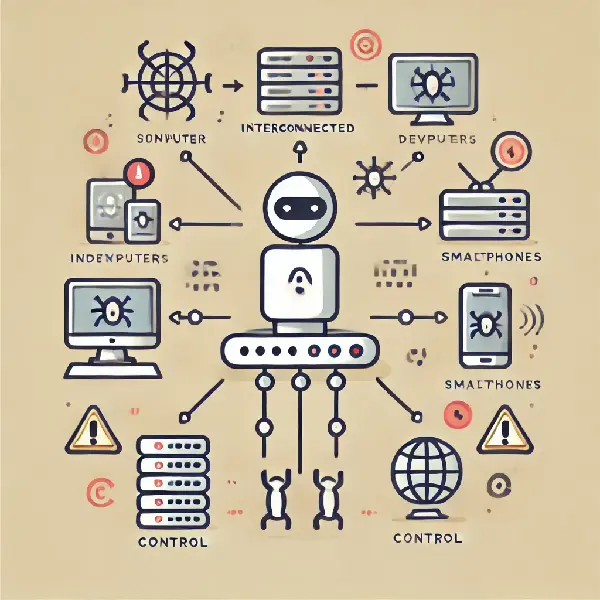
How Does a Botnet Form?
Infection:
A hacker spreads malware through various methods, such as phishing emails, fake software downloads, or infected websites. When someone clicks on a harmful link or downloads malicious software, their device becomes infected.
Control:
Once a device is infected, the hacker can remotely control it. The infected device connects to a central server controlled by the hacker. This allows the hacker to give commands to all the bots in the network.
What Can a Botnet Do?
Botnets can be used for many harmful activities, including:
DDoS Attacks:
Hackers can use botnets to launch Distributed Denial of Service (DDoS) attacks. This overwhelms a website or online service with too much traffic, causing it to slow down or crash.
Sending Spam:
Botnets can send out huge amounts of spam emails. This can include ads for scams or links to download more malware.
Stealing Data:
Hackers can use botnets to gather sensitive information, like passwords or credit card numbers, from infected devices.
Cryptocurrency Mining:
Some botnets hijack the processing power of infected devices to mine cryptocurrency without the owner’s permission. This can make devices slow and use up their resources.
Why Are Botnets Dangerous?
Botnets are dangerous because they can be very large, sometimes involving thousands or even millions of infected devices.
This makes them powerful and capable of causing significant damage.
The hackers controlling botnets can remain hidden, making it difficult for authorities to catch them.
Infected devices may experience slowdowns or unusual behavior, and users may not even know their device is part of a botnet.
How Can a VPN Help Protect Against Botnets?
A VPN, or Virtual Private Network, can help protect you from botnets in several ways:
Secure Connection:
A VPN creates a secure, encrypted connection between your device and the internet. This makes it harder for hackers to access your device and infect it with malware.
Hiding Your IP Address:
When you use a VPN, your real IP address is hidden. This makes it more difficult for hackers to target your device for attacks or to add it to a botnet.
Blocking Malicious Websites:
Some VPNs come with built-in security features that can block access to known malicious websites. This can help prevent you from accidentally downloading malware.
Anonymity:
By using a VPN, you can maintain your online privacy, making it harder for cybercriminals to track your activities and find vulnerabilities in your system.
In summary, a botnet is a network of infected devices that can be used for various harmful activities.
Understanding what a botnet is and how it works can help you take steps to protect your devices and personal information.
Using a VPN such as NordVPN is an effective way to enhance your security and reduce the risk of becoming part of a botnet, ensuring a safer online experience.
![]()

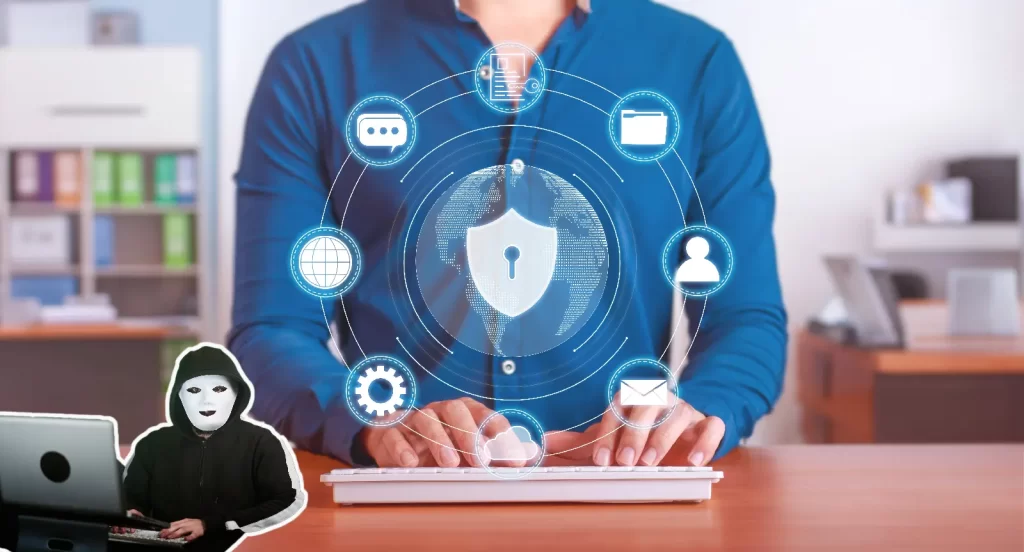
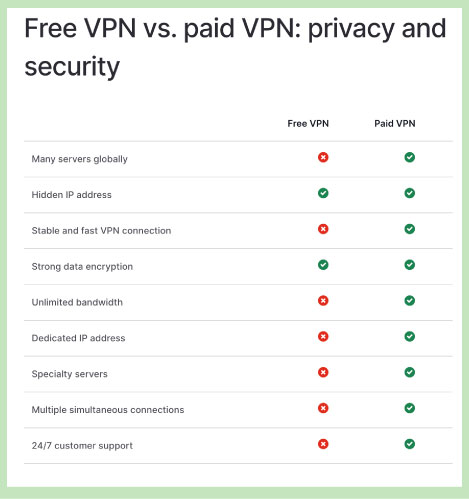
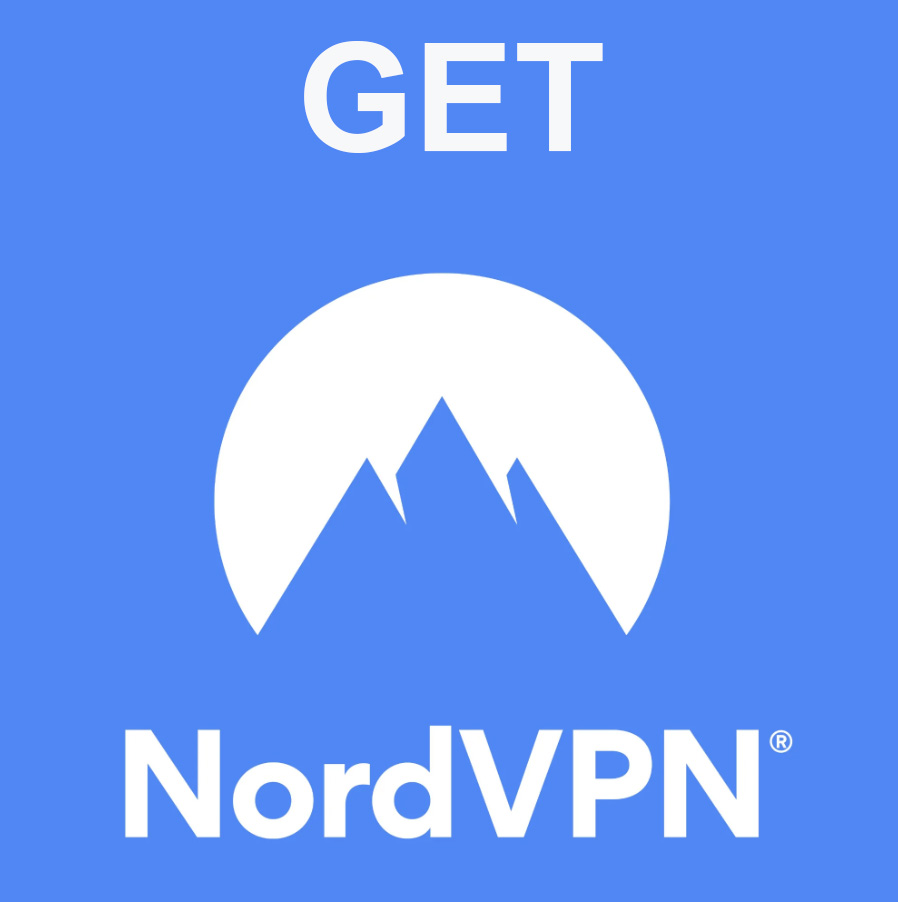





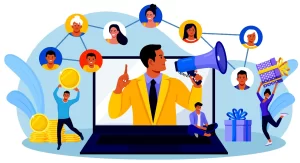
One Response